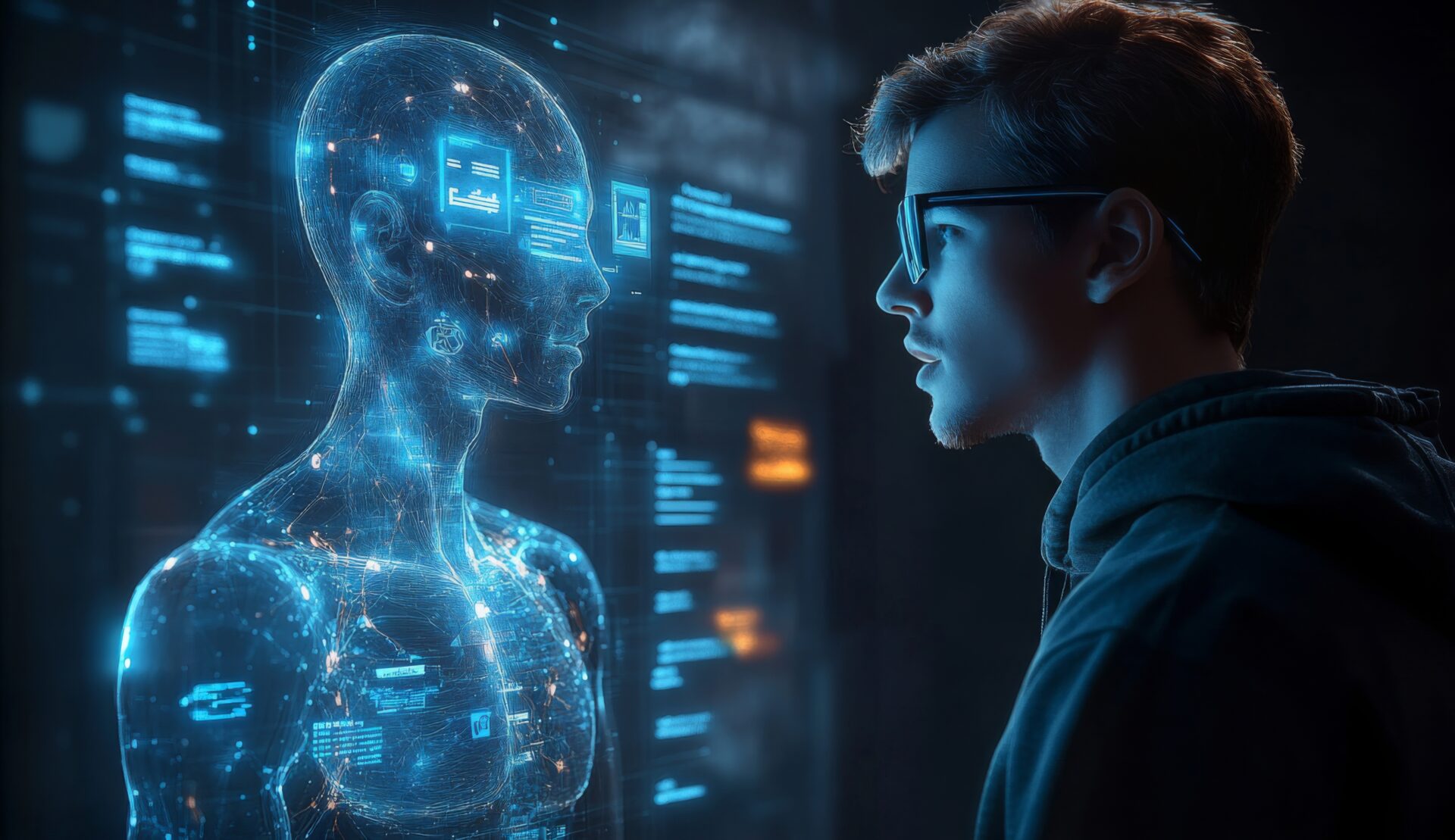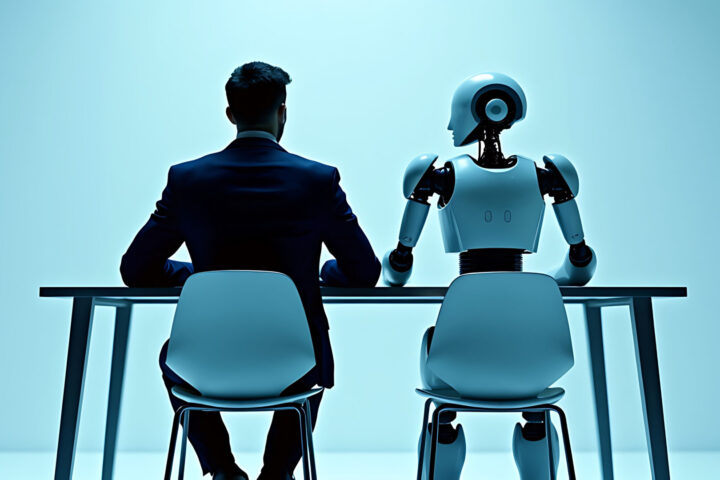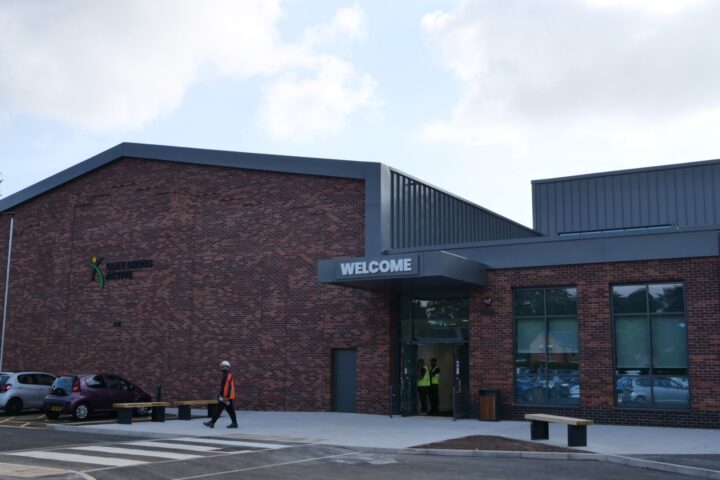Analysis of 22,000 tasks commonly performed by white-collar staff found that up to 70% could be significantly transformed or replaced by artificial intelligence (AI).
A report by the Institute for Public Policy Research (IPPR) revealed the significant impact generative AI is having on UK society, both professionally and personally.
The think-tank highlighted that merely accelerating AI adoption could have unintended consequences.
Instead, AI deployment should be steered towards tackling big societal changes, such as preventative healthcare.
On the eve of the international AI summit — attended by world leaders and the CEOs of major technology companies — AI progress continues to accelerate.
The report noted that generative AI is reshaping the workplace, particularly within the knowledge economy — jobs reliant on computer-based tasks like project management, marketing, and administrative support.
It also considered that AI has the greatest impact on “organisational and strategic tasks” as well as “repetitive and non-repetitive cognitive and analytical tasks.”
IPPR argued that current AI policy is too narrowly focused on either accelerating AI adoption or ensuring its safety, while neglecting the critical need for setting a clear and purposeful direction for AI adoption.
The report advocated for a ‘new politics of AI’, where politicians, citizens, and businesses collaborate to define specific missions and targets for AI deployment to achieve.
For instance, it highlighted ‘deployment gaps’ in preventative health, where AI could have huge benefits but it might not automatically be deployed there without more policy action.
IPPR advocated for a mission-based approach, where governments set clear policies, including tax policy and regulatory frameworks, establish measurable targets and fund mechanisms alongside timelines.
Carsten Jung, head of AI at IPPR, said: “AI capabilities are advancing at breath-taking speed.
“The launch of ‘AI agents’ shows AI is different from past technologies. It is not merely a tool – it is an actor.
“AI technology could have a seismic impact on economy and society: it will transform jobs, destroy old ones, create new ones, trigger the development of new products and services and allow us to do things we could not do before.
“But given its immense potential for change, it is important to steer it towards helping us solve big societal problems.
“Politics needs to catch up with the implications of powerful AI.
“Beyond just ensuring AI models are safe, we need to determine what goals we want to achieve.
“This demands democratic debate and close scrutiny of how AI is deployed.
“The public will want to be involved in setting clear missions and boundaries.
“The promise of AI to tackle some of humanity’s biggest problems is tantalising – we all have a stake in directing and achieving it.”

















